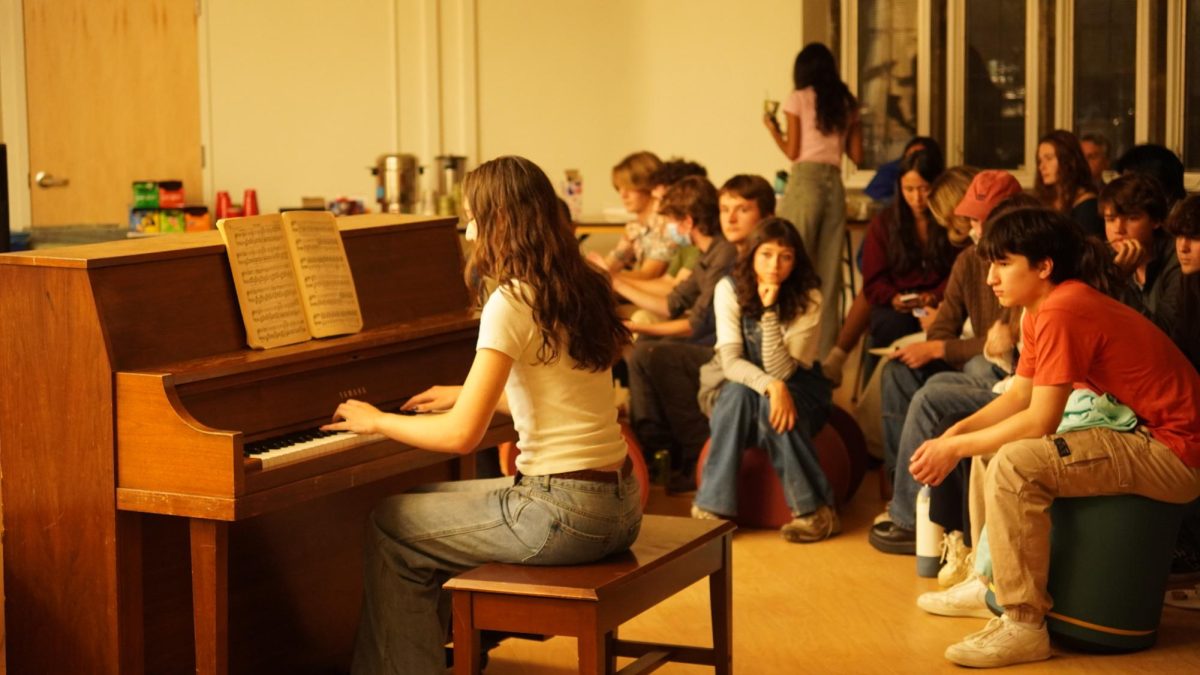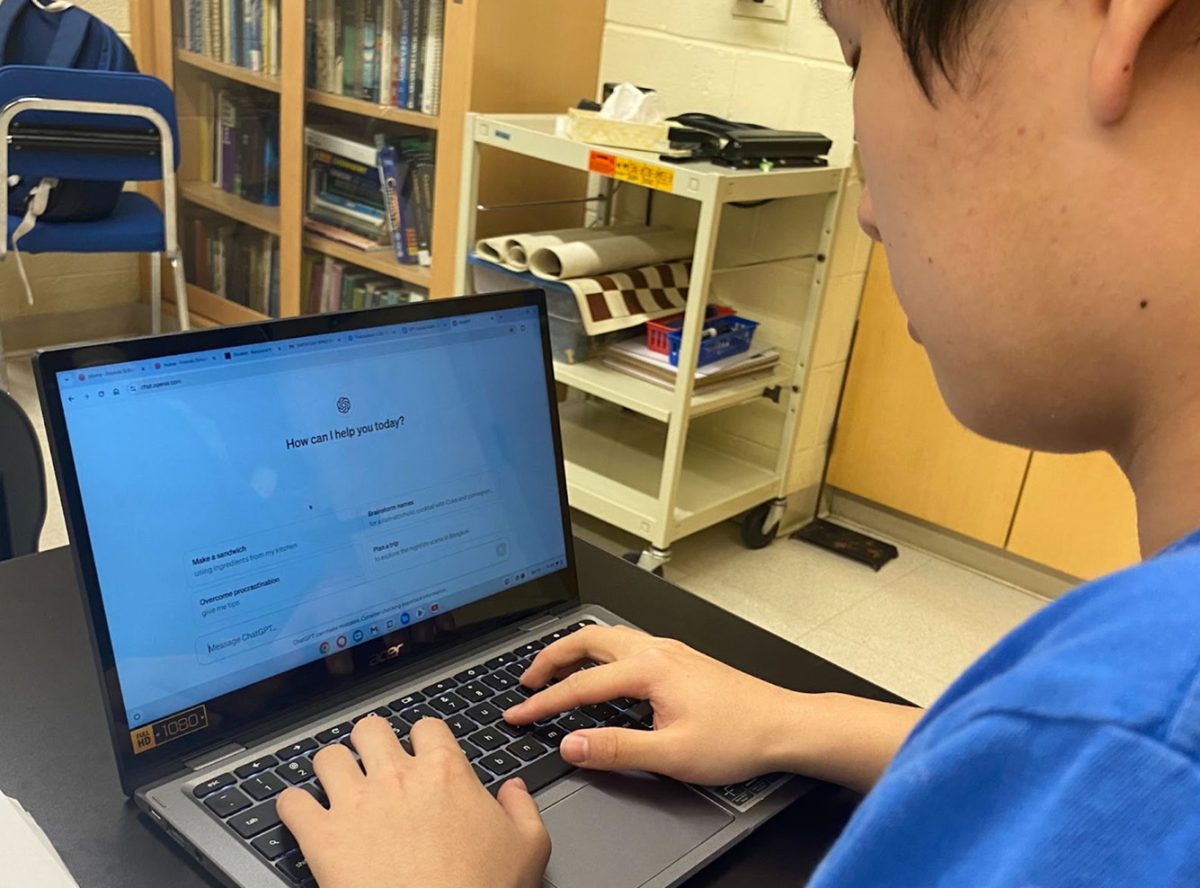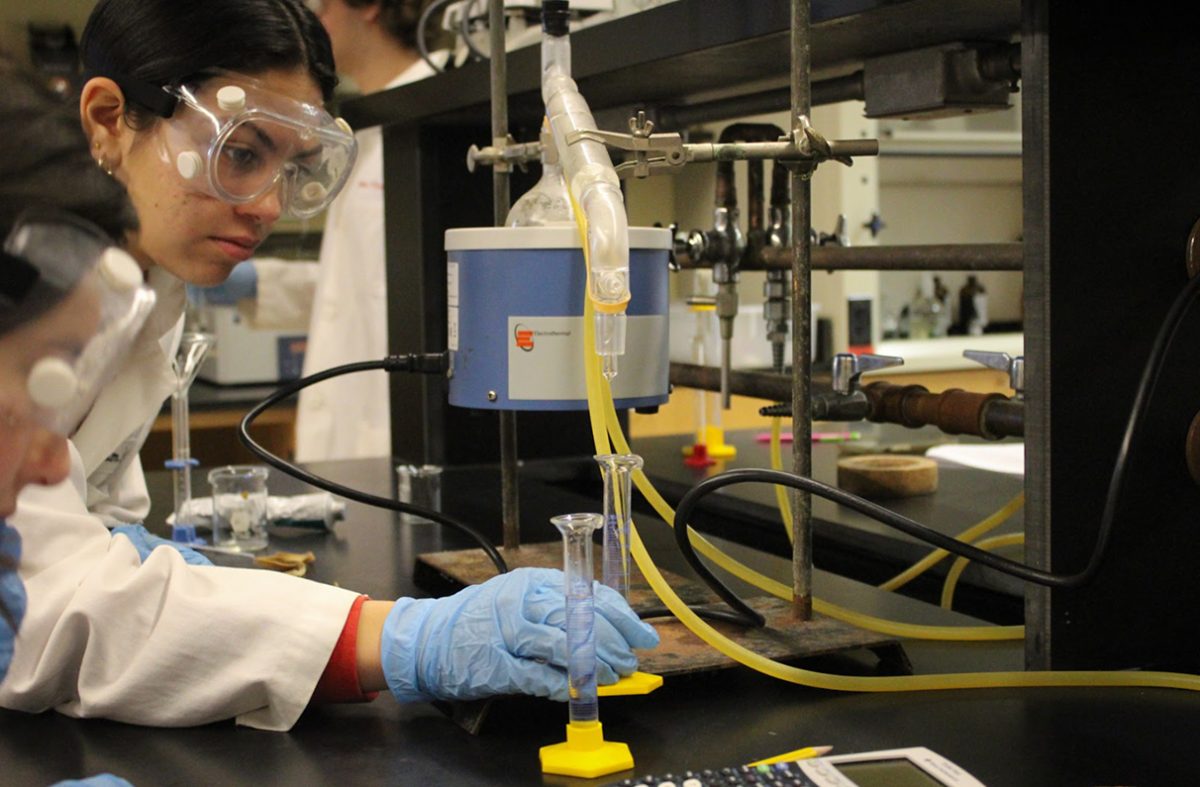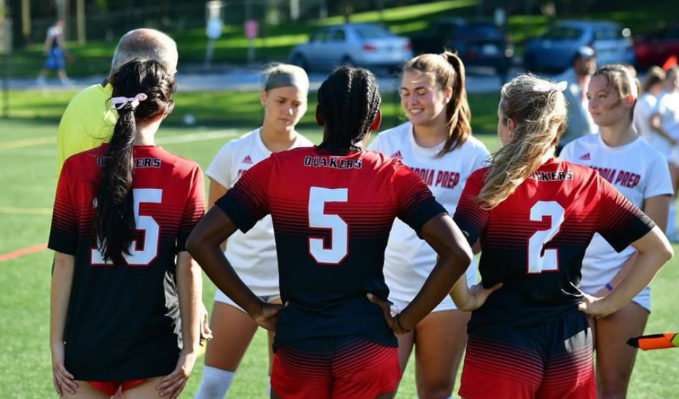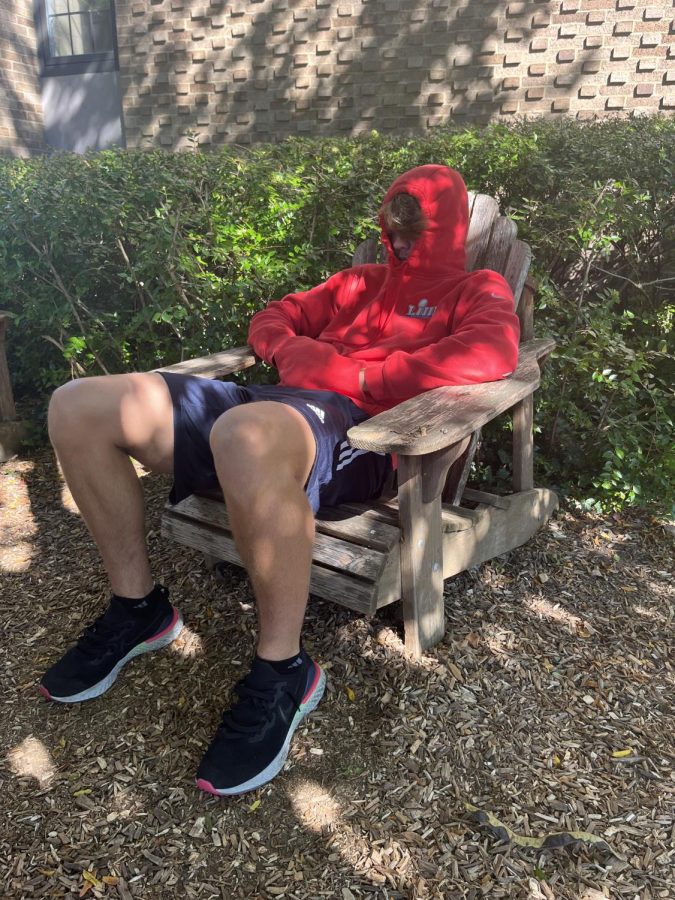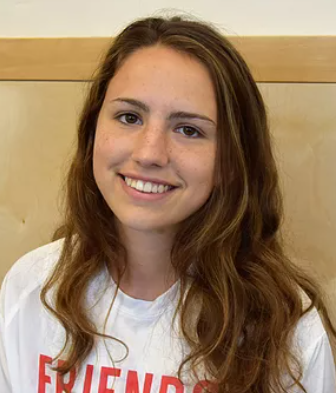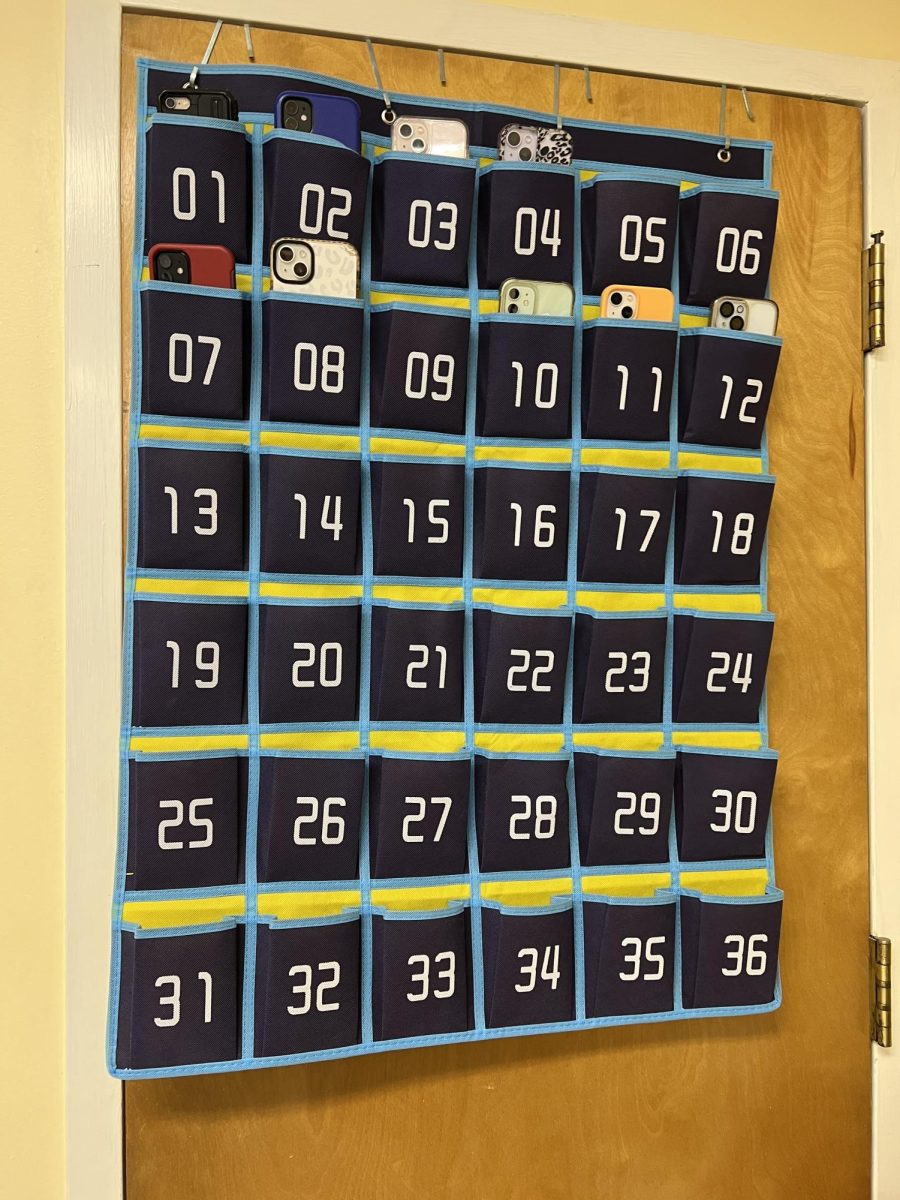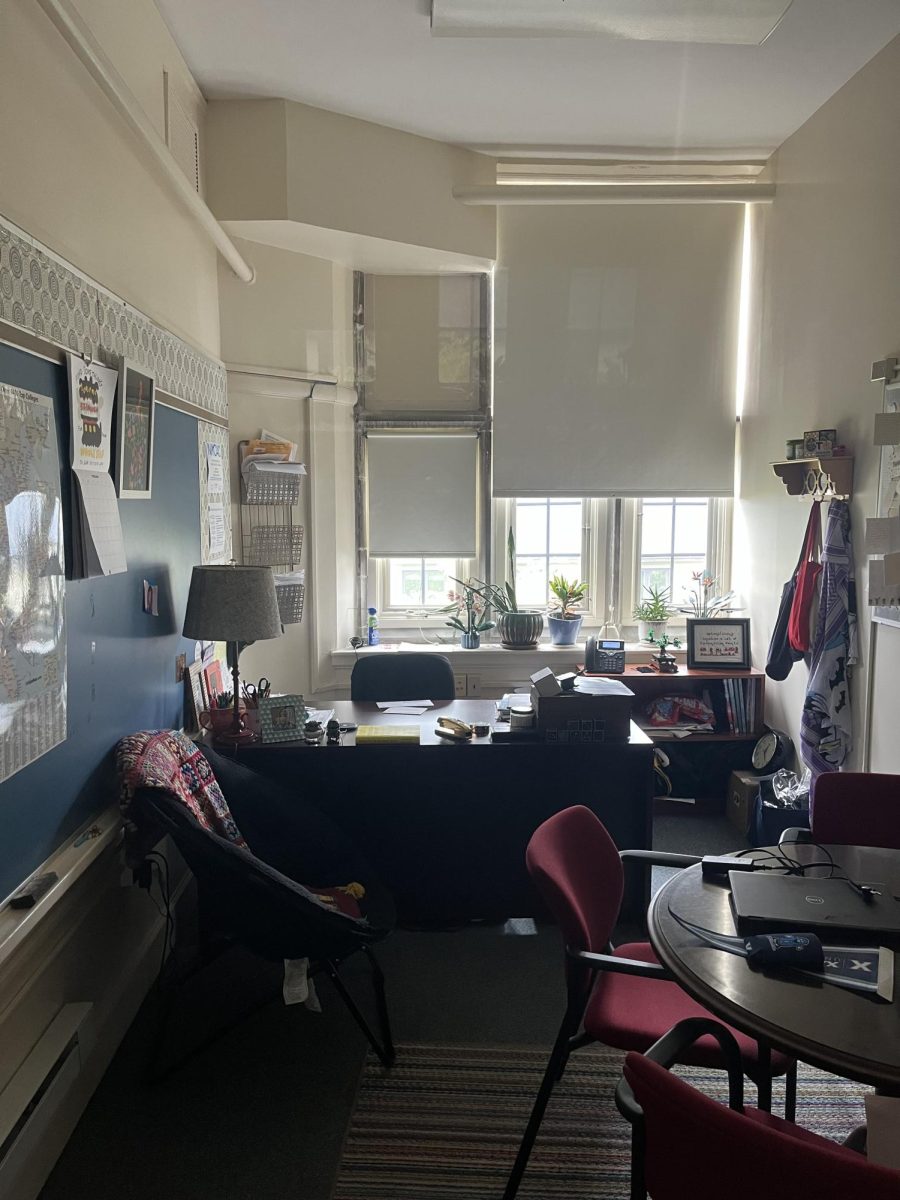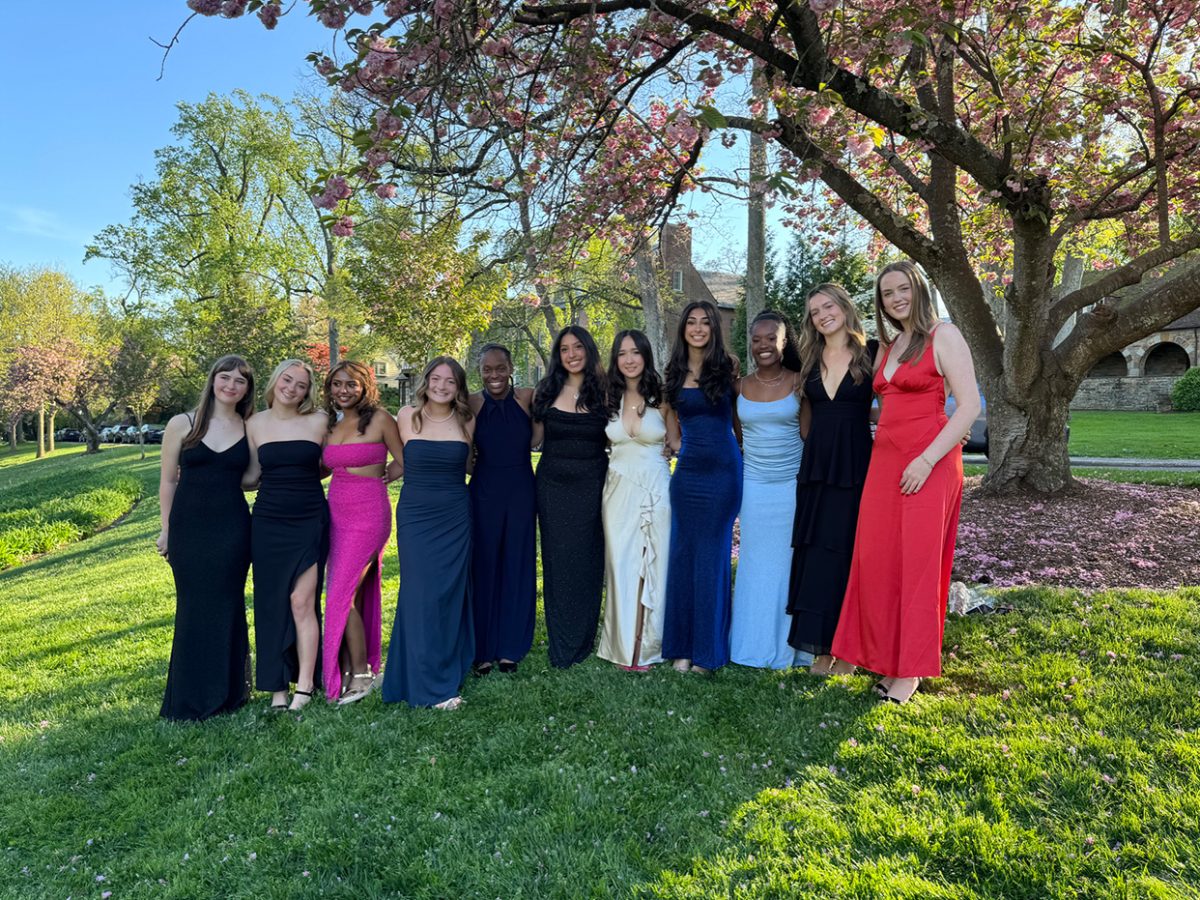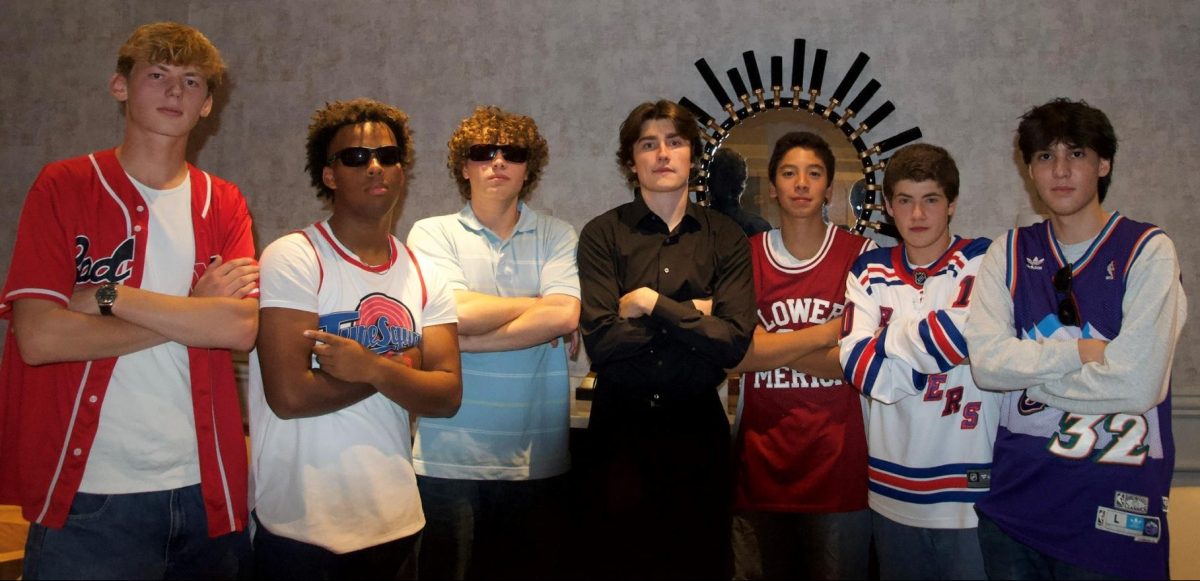At 11 pm on a typical night, after getting home from sports and skipping dinner with our parents, we find ourselves lying flat on our stomachs, teary-eyed, surrounded by mounds of school papers. Our laptops are flashing: like us, running out of battery.
Tomorrow morning, we’ll struggle to stay awake in class as teachers introduce new material. Tomorrow night, we’ll struggle to make up what we didn’t absorb in class.
Research says we are not alone. So do our classmates.
“Late at night after sports, I end up sitting and stressing over whether sleep or completing my work is more important,” says junior Bryce Carlin. “I end up either falling behind in school or exhausted. It’s never a win-win situation.”
The Quill recently surveyed Upper School students about their sleep habits. Of 193 students who responded, more than half said they get between five and seven hours of sleep per night. Twelve percent reported getting only three to five hours. Nearly 70 percent reported feeling exhausted and overwhelmed either “most of the time” or “always” during school.
This makes sense to us. If teachers assign two hours of homework nightly, and arriving at 8:55 during L-block free is a ‘senior privilege,’ how does our school expect students to be laser-focused in the mornings?
Don’t take our word for it. Research by the Centers for Diseases Control and Prevention has shown that lack of sleep can limit a person’s ability to solve problems and concentrate. Over 70 percent of American teens report getting less than the recommended 8-10 hours per night. In many cases, the study found, sleep deficits lead students to consume unhealthy foods, caffeine, and nicotine.
It’s vital that students voice our concerns surrounding sleep, because Friends is now in the process of reconsidering the schedule school-wide. Head of School Matt Micciche says he is eager to hear student input about what a better schedule would look like.
“Students know their stressors and relievers better,” Mr. Micciche says.
In 2017, most of our neighboring private schools implemented a system that allows students to arrive at 9 am on Wednesdays. (Micciche tells us they were inspired by Friends’ monthly PLUSS days in the first place.)
If Friends made the same change weekly instead of monthly, we suspect the extra sleep could increase productivity and focus. In response to our survey, over 85 percent of students said they would prefer a 9 am start every Wednesday over PLUSS day once a month. Micciche takes a central view. While he says he recognizes there might be substantial benefits for students, he is concerned about the impact on parents who rely on the 8 am start to drop their children at school before commuting to work.
If this change only applied to the Upper School, though, he said, it would be a matter of foregoing class time – but it might also increase student productivity, enhancing academics.
“It’s definitely something to look into,” he says.
Micciche says the current early morning L-block was implemented several years ago for the very reason that teens don’t learn well first thing in the morning. Originally, L-block was a designated gym time. But as time went on, electives crept into those coveted slots and athletics were pushed to after school.
These days, Schoen Oakes, the Upper School academic counselor, says she recognizes that Friends students aren’t getting enough sleep.
“I get an endless amount of complaints each year,” Ms. Oakes says. While she tries to educate students about the importance of getting good sleep, she says there is a limit to what schedule changes can do to address the problem.
“There will always be a problem regardless of the schedule. The root of the problem is time management, which is a hard skill for teens to perfect,” Oakes says. “Often, teens spend more time worrying than they do actually working.”
Upper School guidance counselor Amy Melchin sees it differently.
“Time management is not the problem,” she says. “Yes, some people do need help with time management skills. But practicing good sleep hygiene and managing time are two separate issues.”
“For teens to get eight or more hours of sleep, we would have to expect them to go to sleep by 10 pm. However, teens are not biologically ready to sleep until around 11 or 12. I’d like to see a later start for everyone, so allowing everyone with an L-block free the ‘senior privilege’ of coming at 8:55 is reasonable.”
We urge all students who would like a change implemented in our schedule to continue having conversations, both with students and administrators. As we’ve seen in previous years (specifically, around the dress code), change stems from the student body.



![A Phone Ban at Friends? [Podcast]](https://thequakerquill.org/wp-content/uploads/2025/05/magenta-VrRT19_ZjUY-unsplash-1200x900.jpg)







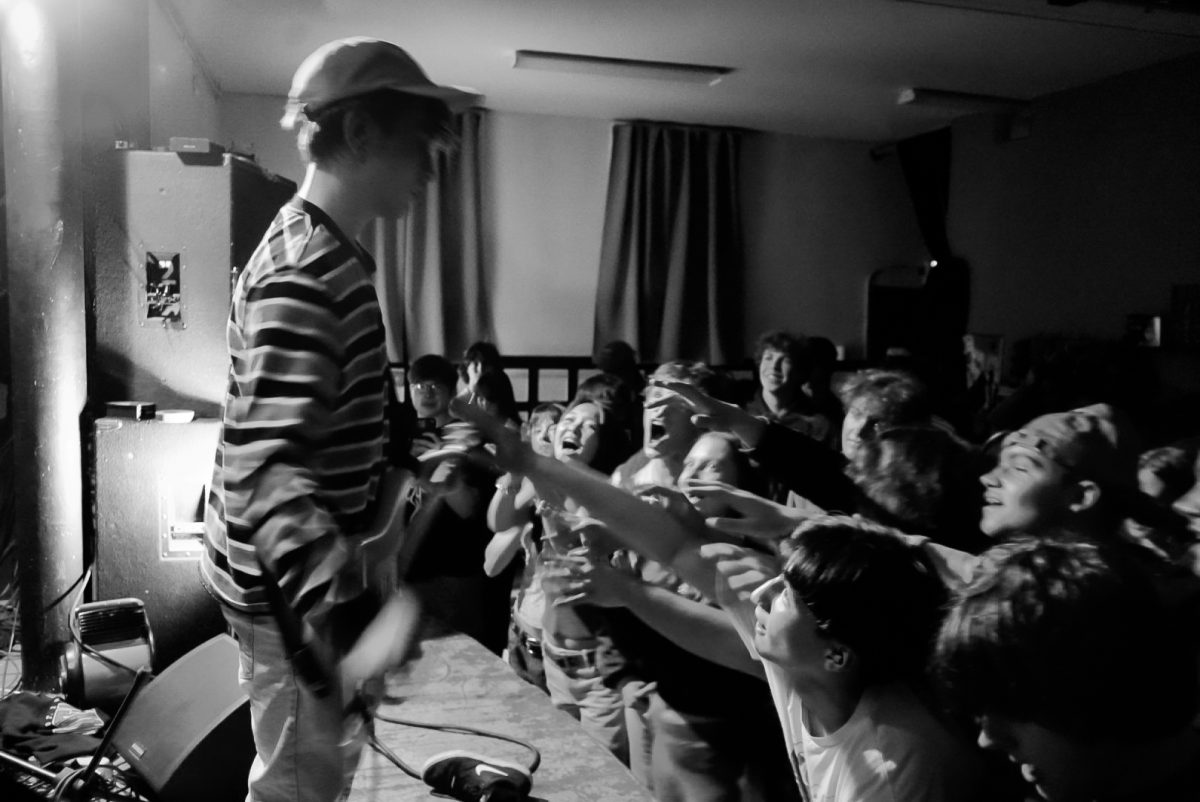

![How Freestyle Club Began [Podcast]](https://thequakerquill.org/wp-content/uploads/2025/05/charly-alvarez-Jv9untmB7G4-unsplash-1200x800.jpg)
